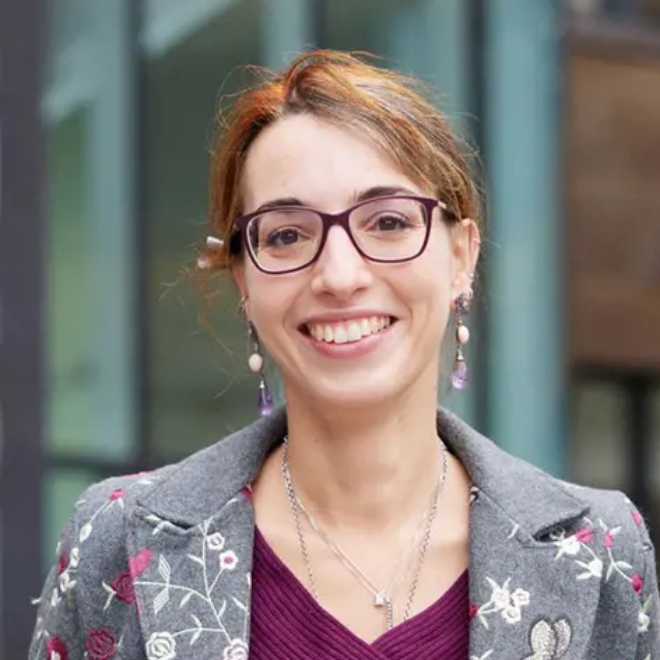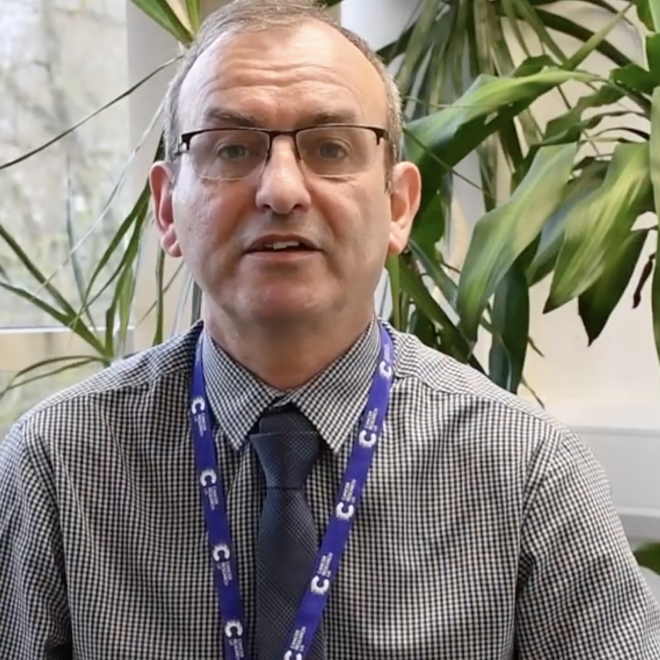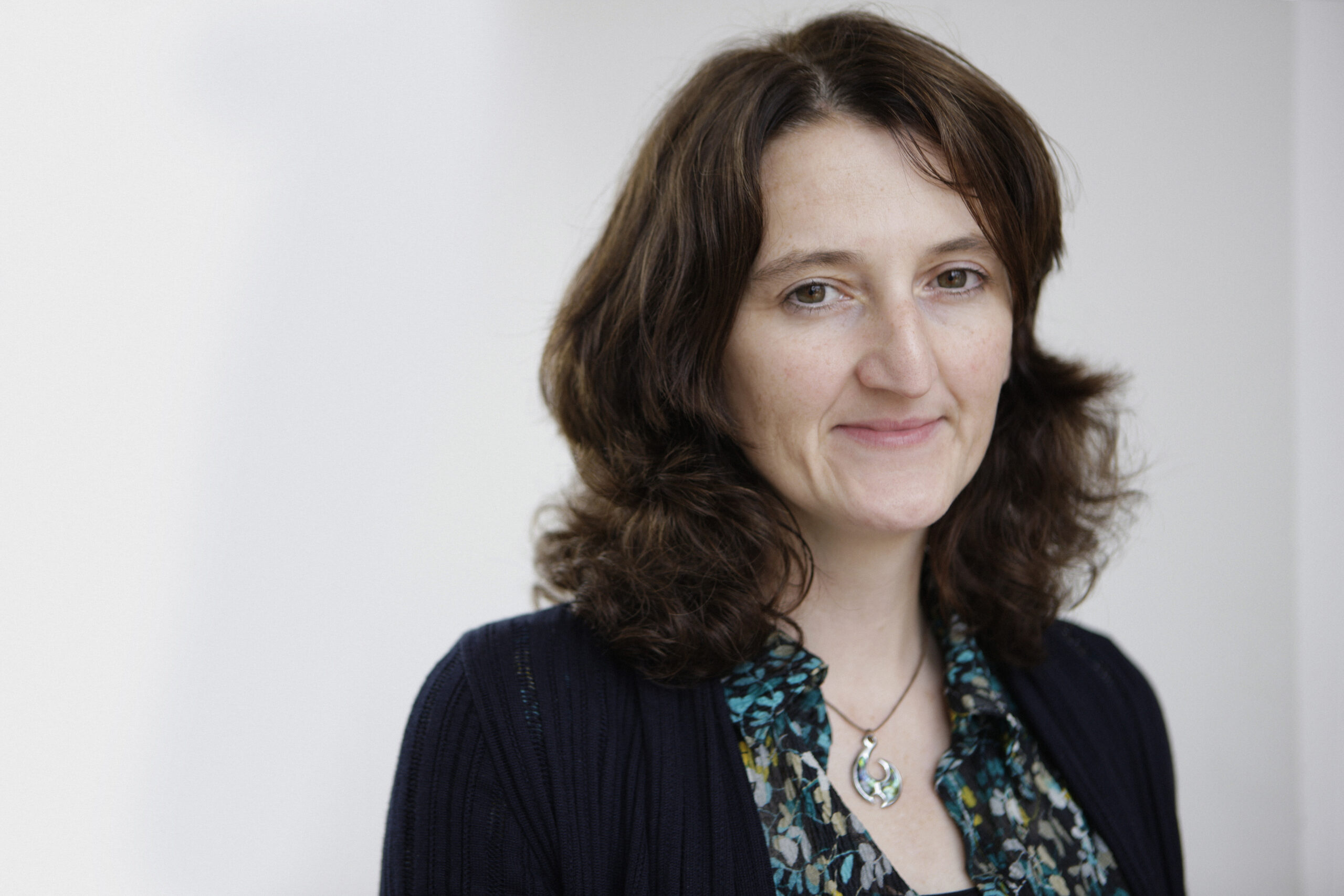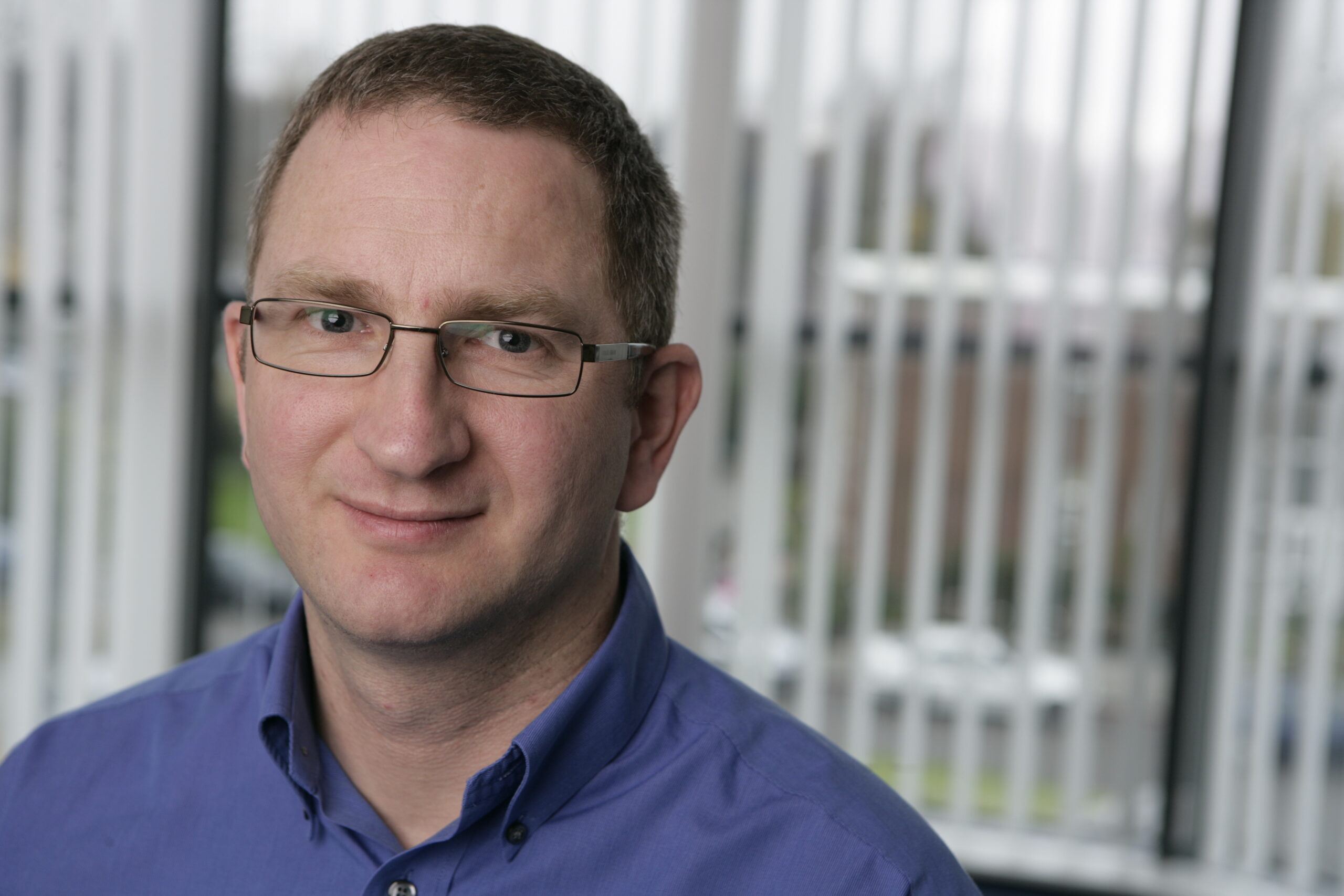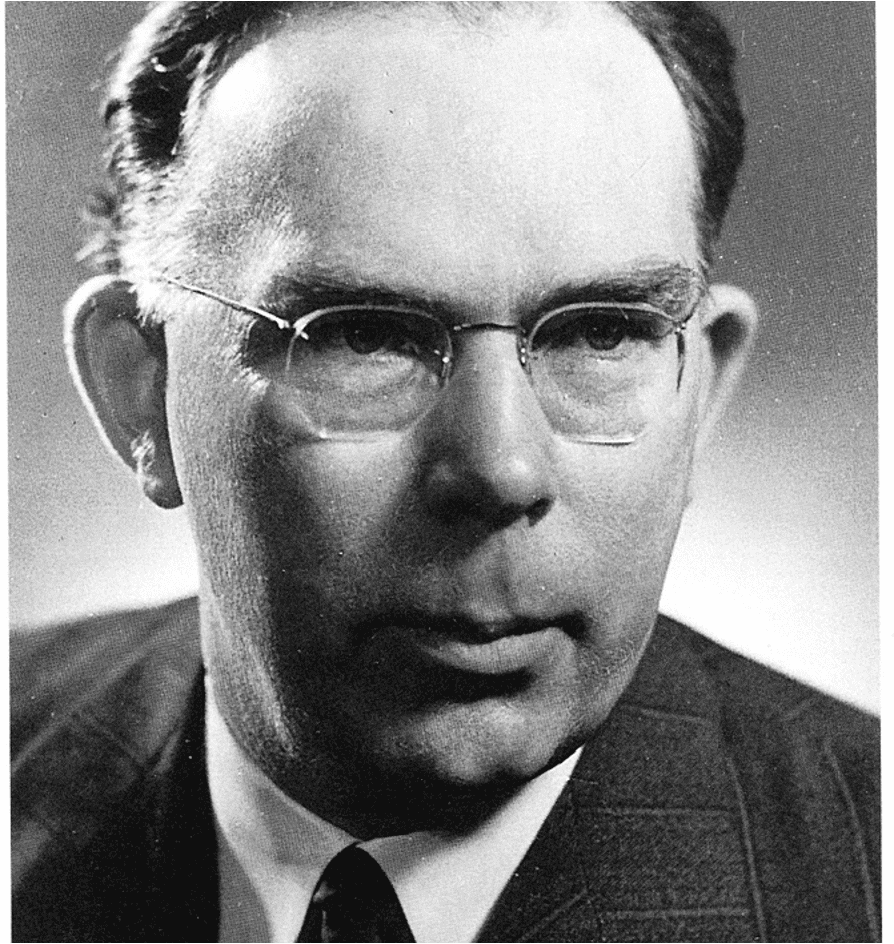PhD Application FAQs
Find all your PhD related questions answered here…
PhD Application FAQs
Find all your PhD related questions answered here…
Frequently asked questions about PhD studentships and application process
Once you have submitted your online application, you will receive an automated response confirming receipt.
If you are expected to gain a first or upper second class undergraduate degree (or equivalent) then you are eligible to apply.
Yes. If you are successful in obtaining a studentship, the IELTS examination certificate is a requirement for University registration, but does not prevent you from making an application now. If you are successfully appointed, you will be required to sit and pass the IELTS examination (or equivalent) before on unconditional offer can be made. Minimum entry criteria means you must have gained a minimum overall score of 6.5 (and not <5.5 in each component and 6.0 in writing). For students who have taken a degree in English, this must have been undertaken in a predominantly English-speaking country.
Further information on University of Manchester English language requirement can be found here.
In the UK, GCSEs are normally taken at 16 years of age and AS/A levels at 17-18 years of age. Non-UK applicants should give their country’s closest recognised academic attainment of examinations/results, and state the name of these with results on their application forms.
Yes. Once you submit your online application, your listed referees will be contacted by automated email asking for a reference. Referees will have access to uploaded references prior to and for a few weeks post-interview date.
No. The application form contains all the information we require at this stage to be able to shortlist for interview and any additional information will not be viewed at this time. Additional supporting documentation such as degree certificates, transcripts and English language certificate will be required for University registration if you are successful in attaining a studentship.
Yes. If you were offered and accepted one of our fully funded PhD Studentships at the CRUK Manchester Institute, annual university tuition fees and stipend will be covered for the duration of your studies. The stipend is set by CRUK and is the same for all students regardless of nationality.
No. CVs will not be accepted as an application and will not be given further consideration.
There is no requirement to contact the PI to discuss the project further before submitting your application. All applications will be reviewed and appraised on academic achievements and excellence.
We will contact shortlisted candidates as soon as possible following application closure and pre-selection virtual interviews. This depends on the number of applications received, but communication will be via email within two to four weeks.
Our PhD studentships are very competitive, and numbers limited for face to face interviews, therefore pre-selection interviews save time and spaces. This is also a useful tool for contacting international applicants before making travel arrangements for face to face interview.
We will contact successful candidates as soon as possible. We will try to contact all those who have undergone a virtual pre-selection interview with the outcome within 2 weeks.
The interview process requires many components of organisation and dates are set well in advance to accommodate this. We are therefore unable to alter the interview dates. If you offered an interview and you are unable to attend on the given date, then your application will be withdrawn, unless there are extenuating or exceptional circumstances, i.e., you are residing overseas and are unable to secure a visa to enter UK, a virtual interview will be arranged.
Travel expenses, train, coaches/buses, petrol and low cost air fare, will be refunded upon production of receipts. You must keep all receipts (itemised if appropriate) so reimbursement will be made following the interviews. Accommodation will be arranged and paid for by the CRUK Manchester Institute at a delegated hotel. Costs are covered for interviewees only, any travelling companions must make and pay for their own travel and accommodation arrangements.
If you have been contacted to attend for interview, and require a visa, please let us know as soon as possible. Under these circumstances, it is acceptable to conduct a virtual interview if a visa cannot be obtained within the necessary time frame.
No. Our studentships are highly competitive and we receive in excess of 500 applications, and it is therefore not feasible to contact everyone with this outcome. If you have not heard within 4 weeks of the application closing date, you must consider your application as unsuccessful.
Unfortunately, due to the number of applications we receive, it will not be possible to provide feedback as to why your application was not successful. Candidates who have reached the virtual pre-selection and interview stage will receive feedback.
Yes, all students who have reached the pre-selection virtual interview stage will be given feedback on why they have not been successful.






